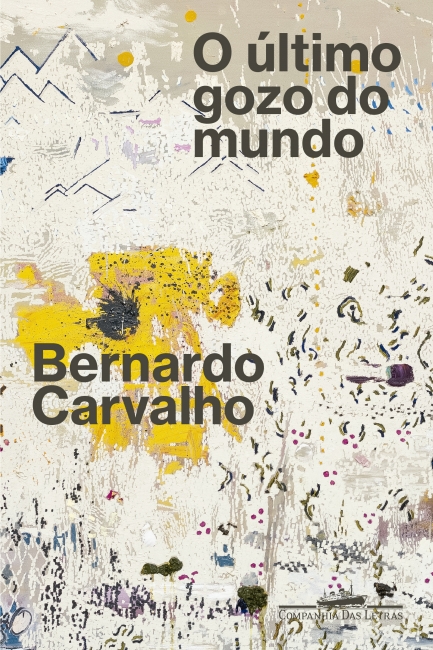


This riveting blend of documentary travelogue, short history of anthropology, and adventure story was awarded two of the most renowned prizes for Portuguese literature. During his search for clues, newer questions are constantly raised, and the searcher on a personal journey into the heart of darkness, a zone also the stage for his own childhood, learns more about himself. Around sixty years later, a Brazilian journalist with a strong resemblance to the anthropologist, Bernardo Carvalho, searching for evidence and traces of the suicide victim, travels down the Xingu River in order to reconstruct Quain’s last days and nights.

This fictional work is based on a true story, namely the fate of the young American anthropologist Buell Quain, who, during a 1939 research project carried out among the endangered Krahô Indians in the Brazilian jungle, took his own life for inexplicable reasons and in the most gruesome manner. Unlike in France, where Carvalho’s works were translated all along, German readers had to wait until 2006, when his fifth novel, Nove Noites (Nine Nights), aided his international breakthrough. The unfathomable, labyrinthine, and overlapping elements in Carvalho’s books have attracted a comparison to Borges, a comparison Carvalho modestly denies is true. To an extent, the author himself is written into the text: his first-person narrators are often hindered writers who, through a series of unusual events, still manage to become writers or, as the case may be, chroniclers and minute-keepers of stories learned through a third party. Whoever reads a novel by Bernardo Carvalho inevitably becomes a detective in the process. What appear in this collection are leitmotifs, which, in countless variations, move through his following nine books, all of them novels: secrets to be exposed, past events pervaded by the present, poetry and truth inextricably intertwined with one another, and a game played with diverse perspectives and identities. His 1993 debut, a collection of stories entitled “Aberração,” was immediately nominated for the country’s most prestigious literary prize. When his post was eliminated due to the Brazilian economic crisis, he decided to stay on in New York for a few more months and to use the borrowed time to take his first literary steps, which would soon lead him to his goal. Born in 1960 in Rio de Janeiro, in the early 1990s he worked in Paris and New York as a foreign correspondent for the Brazilian daily newspaper Folha de São Paulo. Before he began creating the worlds of novels, Bernardo Carvalho explored the world with the inquiring gaze of a journalist.


 0 kommentar(er)
0 kommentar(er)
